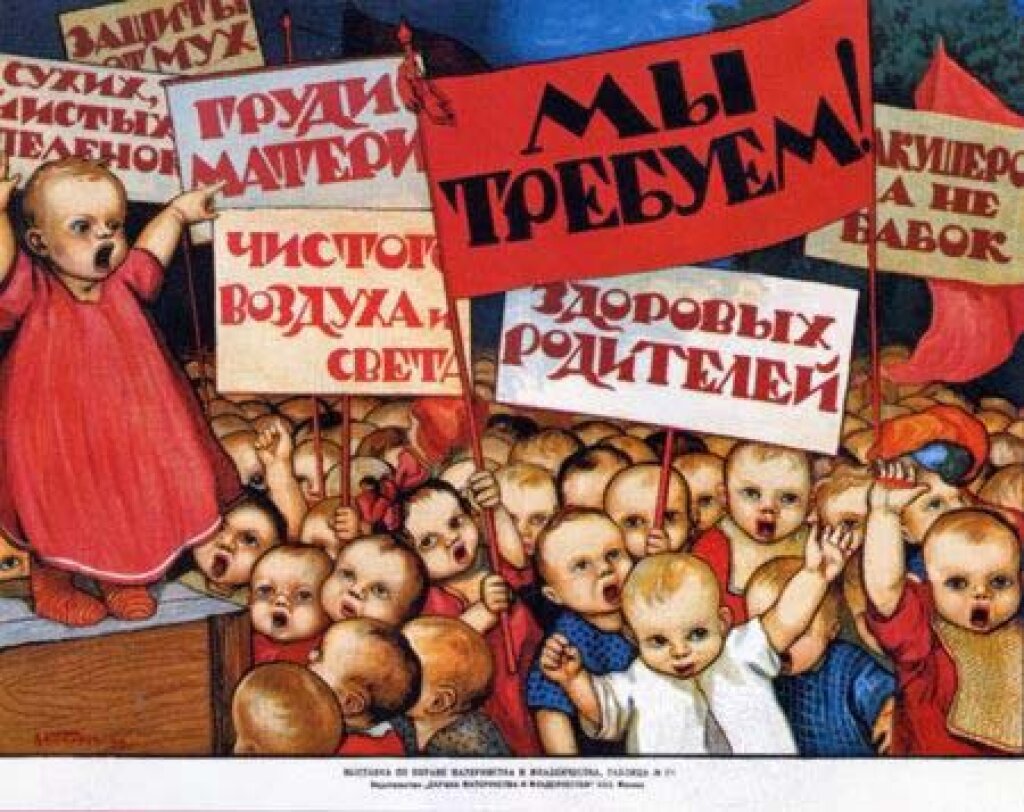This past week, the St. Petersburg Legislative Assembly considered taking a bold stance on the protection of human rights in these troubled times. There was just one catch: the "humans" in question are still inside the womb.
Before I continue, I want to reassure my readers that this is not a post about abortion politics. If there ever is a post about abortion politics, I promise to include many words in ALL CAPS, followed by multiple exclamation points; about the only thing both sides of that particular debate seem to agree upon is the blunt aesthetics of the direct mail appeal.
The fetal human rights bill, reminiscent of the "personhood" amendments that have appeared on ballots through various American states, stands out from the crowd of recent rights legislation in Russia, but not just because of its subject matter. Unlike so many other pieces of legislation with a direct impact on human and civil rights, this one looks unlikely to pass (Communists have countered with a suggestion that the government issue passports to every sperm and ovum).
Meanwhile, Russian organizations that accept any kind of aid from abroad are subject to the label "foreign agents," blasphemy is about to be criminalized to an extent that is positively medieval, and the Duma is preparing a great gift to anyone who wants to betray the Russian state. If before, you had to sell top-secret information, work secretly for a foreign power, or commit sabotage, now all you have to do is provide "financial, material, consultative, or other assistance" to foreign organizations (if the authorities decide that this cooperation is harmful to security). I'd like to say that committing treason has never been so easy, but that would not be true (see under: Stalin).
Under other circumstances, we might call laws that define criminal offenses so capaciously "bad legislation." But that would be damning them with faint praise. Instead, it looks as though the government is modeling its new laws on the most elastic (and therefore most easily applicable) criminal offenses on the books, such as "hooliganism." The timing of the fetal rights bill points to the true nature of these laws. Civil rights legislation today looks like the tax code did in the 1990s: the laws are made to be broken, and then the violators are punished selectively.
In other words, everyone is guilty a priori, and Russian citizens exist in a state of juridical original sin. So it makes sense to grant human rights to the unborn--they are as yet in a state of legal grace. And really, fetuses may well be the ideal citizen for Putin's third term: they don't write open letters, they don't engage in performance art, and any time that they might be present at a demonstration can be chalked up to their position as a captive audience. Could any subject be more docile? When journalist Sergei Parkhomenko spoke at the Jordan Center on Monday, he talked of the need for a new opposition leader, one who has yet to emerge. Let's hope he wasn't talking about a fetus.



